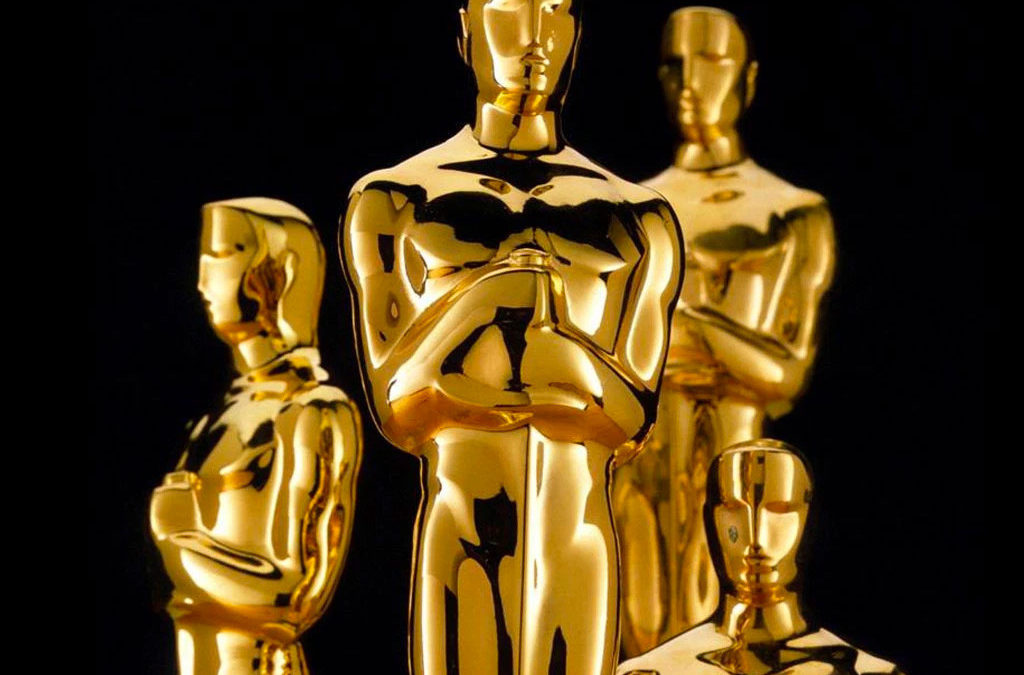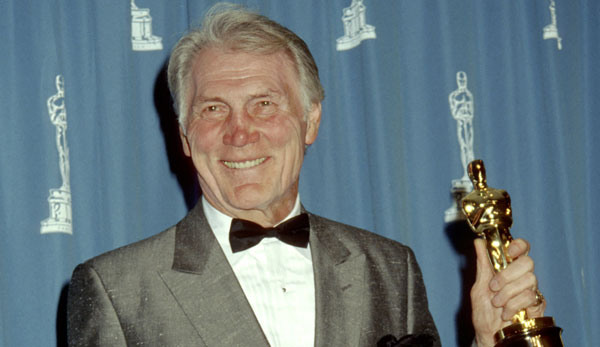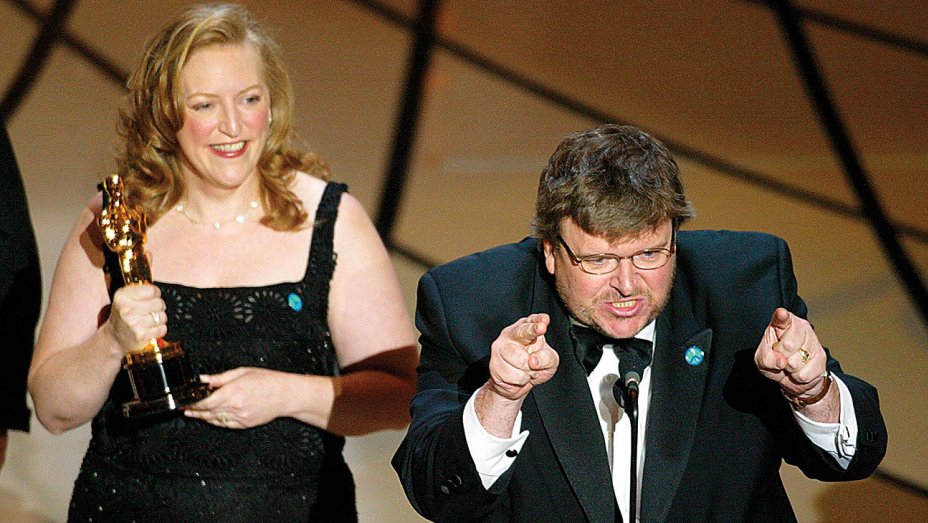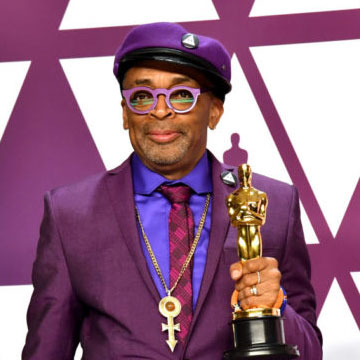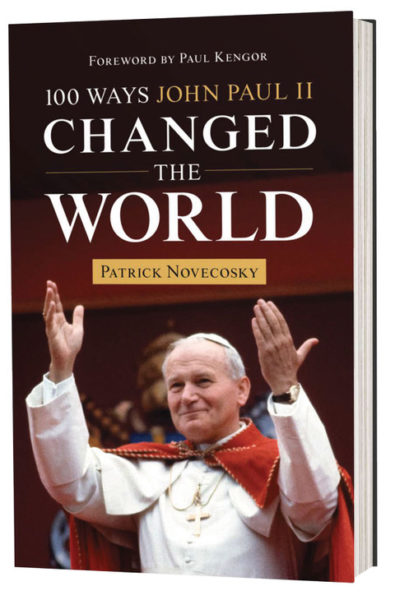by Patrick Novecosky
(February 26, 2019) — When Jack Palance stood up to collect his Oscar for Best Supporting Actor in 1992, I distinctly remember thinking, “I bet the old guy has a heart attack by the time he hits the third step.”
Palance did, indeed, drop to the floor. Not because he went into cardiac arrest, but to execute three one-handed push-ups – and one more with two hands to top off the performance. He checked his politics at the door.
Those were the days.
Over the past couple decades, the Academy Awards’ prestige — along with viewership of the live broadcast — has waned. It hit an all-time low last year when Jimmy Kimmel took a turn as host. The 26.6 million people who tuned in to the ceremony were the fewest to do so since Nielsen began estimating the program’s viewership in 1974.
Last night’s numbers weren’t much better, up a modest 2.1 million.
Why the Oscars Are Dying
Philip Bump at The Washington Post blames the slump on people not actually seeing the nominated films, therefore having no interest in the glitz and glamor of Hollywood’s biggest night.
Using statistical analysis, Bump makes some good points. The more popular the nominated films, the more popular the Oscar broadcast. Make sense.
But there’s something deeper going on here. Politics.
It’s Getting Too Shrill
Actors have always worn their politics on their sleeves. Humphrey Bogart organized a delegation to Washington, D.C., in 1947 against what he perceived to be the House Un-American Activities Committee’s harassment of Hollywood screenwriters and actors. Jane Fonda blasted the U.S. military’s involvement in Vietnam in the 1970s, and a bevy of stars — from Mark Ruffalo to Meryl Streep — lined up to support Hillary Clinton and Bernie Sanders in their 2016 bids for the White House.
But that’s on their own time.
Americans are free to tune out celebs’ activism (and they do) at the push of a button. While Fonda’s shrill rants against most of America’s war efforts are annoying, most of us are able to palate her on-screen performances. As annoying as I find Susan Sarandon’s liberal politics, it didn’t dissuade me from watching Thelma and Louise for the third time.
Marlon Brando famously refused his Best Actor statue in 1973 for his role in The Godfather, sending Native American activist Sacheen Littlefeather in his stead. On stage, Littlefeather cited “the treatment of American Indians today by the film industry.”
Brando’s stunt was an exception to what was generally an entertaining awards program.
Crashing America’s Party
The last couple of decades, however, have seen an excessive number of stars use the Oscar pulpit to lecture Americans on how to vote, how to spend their money, and which causes to embrace.
In his acceptance speech for winning the Best Adapted Screenplay Oscar for The Cider House Rules in 2000, John Irving gave a nod to “everyone at Planned Parenthood and the National Abortion Rights League” and thanked the Academy “for this honor to a film on the abortion subject.”
Three years later, Michael Moore delivered a blistering speech, lambasting President George W. Bush only four days after the U.S. invaded Iraq. “We are against this war, Mr. Bush! Shame on you, Mr. Bush! Shame on you!” Moore shouted, drawing boos and groans from the audience, as well as some soft applause.
When Leonardo DiCaprio accepted the Best Actor award for his role in The Revenant in 2016, he lectured America:
Climate change is real, it is happening right now. It is the most urgent threat facing our entire species, and we need to work collectively together and stop procrastinating.
And last Sunday, Spike Lee (dressed as Prince), took a not-so-veiled swipe at President Trump. “The 2020 election is around the corner. Let’s all mobilize and be on the right side of history. Make the moral choice between love versus hate.”
Americans don’t mind lectures from qualified experts. But they don’t have much patience for overpaid entertainers posing as authorities on anything but entertaining. Maybe if they’d take a page from Jack Palance’s playbook, we would give the Oscars a second chance.
Patrick Novecosky is a Florida-based media relations professional, founder of this blog and NovaMedia. This article originally appeared on Feb. 26, 2019, at The Stream.

